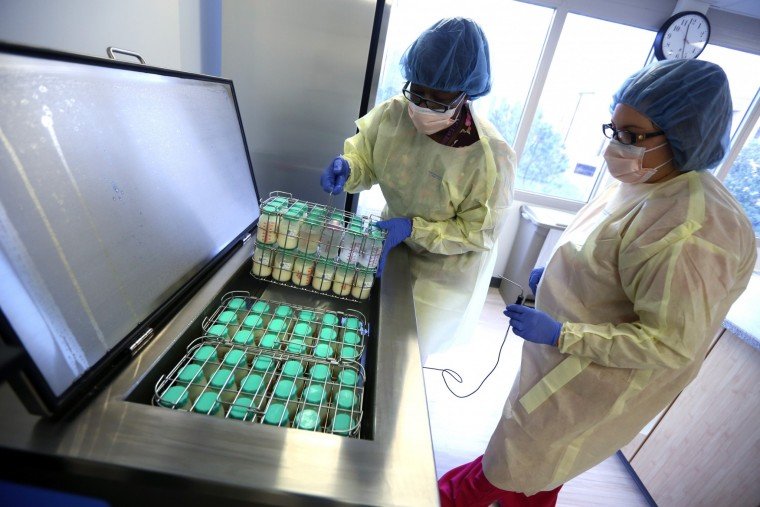Iran plans on increasing breast milk banks

TEHRAN – Iran is planning on setting up more breast milk banks nationwide.
The first breast milk bank was established in the city of Tabriz, northwestern Iran, in 2016.
Many factors affect the survival of infants; the most important one is nutrition, Alireza Marandi, the head of the Iranian Society of Neonatology, made the remarks in the 4th Congress of Infants’ Health.
Breastfeeding the infants at the first hours of the birth will decrease infants’ mortality rate by one fourth, the former Health Minister noted.
More than 50 percent of mortality rate of children under 5 years of age depends, directly or indirectly, on their nutrition, Marandi added.
Today donation of breast milk is common and the preterm infants are nourished with breast milk, said the pediatrician, adding, universities of medical sciences in other Iranian cities are making attempts to establish breast milk banks as well.
Although the donated breast milk has less nutritional value compared to the milk of the biological mother, it is more valuable than condensed milk, Marandi said.
The composition of breast milk is the biologic norm for infant nutrition.
Breast milk also contains many hundreds to thousands of distinct bioactive molecules that protect against infection and inflammation and contribute to immune maturation, organ development, and healthy microbial colonization. Some of these molecules, e.g., lactoferrin, are being investigated as novel therapeutic agents.
A dynamic, bioactive fluid, breast milk changes in composition from colostrum to late lactation, and varies within feeds, diurnally, and between mothers.
Feeding infants with expressed breast milk is increasing. Pasteurized donor milk is now commonly provided to high risk infants and most mothers express and freeze their milk at some point in lactation for future infant feedings.
Many milk proteins are degraded by heat treatment and freeze-thaw cycles may not have the same bioactivity after undergoing these treatments.
NM/MQ/MG
